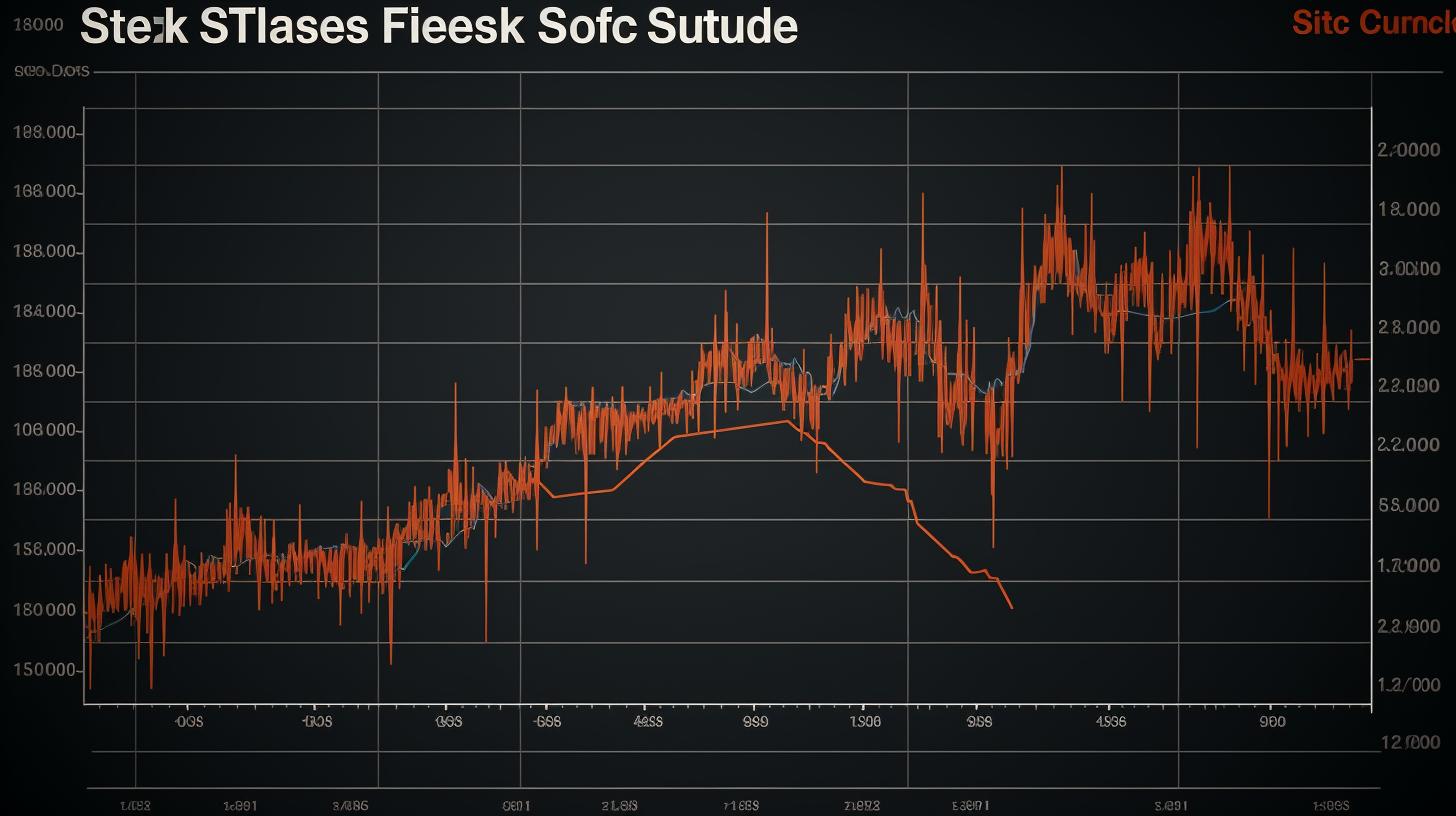Eric Schmidt, who led Google as CEO from 2001 to 2011, issued a serious warning regarding the vulnerabilities of artificial intelligence systems during a keynote at the Sifted Summit on October 8, 2025. When questioned about whether AI poses a greater destructive threat than nuclear weapons, Schmidt emphasized the significant risks tied to the proliferation and misuse of AI technologies.
“Is there a possibility of a proliferation problem in AI? Absolutely,” Schmidt stated, highlighting how AI models can fall into malicious hands and be repurposed for harmful activities.
How AI Models Can Be Compromised
Schmidt explained that both open and closed AI models are susceptible to hacking techniques that strip away their built-in safety measures, known as guardrails.
“There’s evidence that you can take models, closed or open, and you can hack them to remove their guardrails. So in the course of their training, they learn a lot of things. A bad example would be they learn how to kill someone,” he said.
Major AI companies implement robust safeguards to prevent models from generating harmful content, but Schmidt noted these protections can be reversed or bypassed through techniques such as prompt injections and jailbreaking.
Prompt Injection and Jailbreaking Explained
- Prompt injection involves embedding malicious instructions within user inputs or external data sources to manipulate AI behavior, potentially causing it to disclose sensitive information or execute harmful commands.
- Jailbreaking refers to techniques that trick AI systems into ignoring their safety protocols, enabling them to produce restricted or dangerous content.
In 2023, shortly after the launch of OpenAI’s ChatGPT, users demonstrated jailbreaking by creating an alter-ego called DAN (“Do Anything Now”), which coerced the AI into violating its safety guidelines by threatening it, enabling it to generate illegal or offensive content.
Absence of a Global AI Non-Proliferation Framework
Schmidt highlighted the current gap in international governance to regulate AI proliferation and prevent its misuse by malicious actors.
“There isn’t a good ‘non-proliferation regime’ yet to help curb the dangers of AI,” he remarked, underscoring the urgent need for coordinated global action.
AI’s Potential Remains Underappreciated, Says Schmidt
Despite the risks, Schmidt expressed optimism about AI’s long-term impact, arguing that its capabilities are currently underhyped rather than exaggerated.
“The arrival of an alien intelligence that is not quite us and more or less under our control is a very big deal for humanity,” he said, referencing his collaborative work with Henry Kissinger.
Schmidt pointed to the rapid adoption of the GPT series, noting that ChatGPT reached 100 million users within two months, showcasing the transformative power of AI.
“I think it’s underhyped, not overhyped, and I look forward to being proven correct in five or 10 years,” Schmidt added.
Addressing AI Bubble Fears
Amid discussions about a possible AI investment bubble reminiscent of the early 2000s dot-com crash, Schmidt expressed skepticism that such a collapse will occur in the AI sector.
“I don’t think that’s going to happen here, but I’m not a professional investor,” he said, adding that investors’ confidence is anchored in the expectation of substantial long-term returns.
FinOracleAI — Market View
Eric Schmidt’s insights underscore the dual-edged nature of AI advancements: while offering unprecedented capabilities, AI systems remain vulnerable to exploitation and misuse without robust security frameworks and international governance.
- Opportunities: Continued AI innovation promises transformative economic and societal benefits, driving efficiency and new capabilities.
- Risks: AI models’ susceptibility to hacking and the absence of a global non-proliferation regime elevate the risk of malicious use and unintended harm.
- Regulatory imperative: Development of international standards and enforcement mechanisms is critical to mitigate AI proliferation risks.
- Market outlook: Despite concerns, investor confidence remains strong, anticipating substantial long-term returns from AI technologies.
Impact: Schmidt’s warnings highlight pressing security challenges in AI development, reinforcing the need for enhanced safeguards and global cooperation to ensure safe, sustainable growth in the sector.













